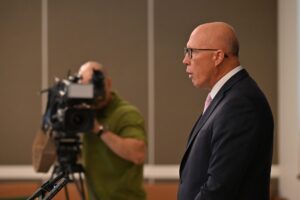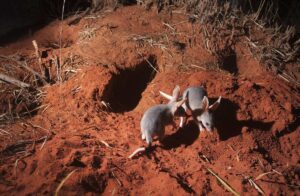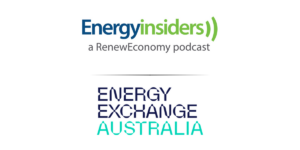Climate activists have expressed dismay at the outcome of a pre-COP meeting designed to iron out the details of the global Loss and Damage fund that was promised at COP27 in Egypt.
Key details of the fund – designed to supply financing to the world’s most vulnerable countries to repair the damage caused by climate change and related disasters – were agreed at a two-day meeting in Abu Dhabi over the weekend.
The outcome of this latest meeting is the culmination of eleven months of back-and-forth, with governments struggling to agree on aspects of the fund, including who will pay, who will administer it, and how much each country is required to commit.
Under the new measures, which will be formally adopted at COP28 in Abu Dhabi in December, the fund will initially be administered by the World Bank for its first four years, with no firm targets set for the amount of money to be raised.
Countries will not be required to administer funds that align with their historical contributions to climate change, as was initially hoped by climate activists and organisations and the governments of many developing countries.
The appointment of the World Bank to both host and administer the fund has been a major point of contention, with critics pointing out that the Bank’s presidents are invariably chosen by the US, meaning donor countries may have undue influence over the fund’s decision-making.
“Wealthy nations steamrolled developing countries into accepting a lopsided compromise to locate the fund at the World Bank, an institution with a donor-driven lending model and an undemocratic governance structure that raises serious concerns about its ability to host the Loss and Damage Fund,” said Rachel Cleetus, Policy Director of the Climate and Energy Program at the Union of Concerned Scientists.
Lien Vandamme, Senior Campaigner at the Centre for International Environmental Law, expressed concern that the “interim arrangement” at the World Bank risked becoming permanent.
And Harjeet Singh, Head of Global Political Strategy at Climate Action Network International (CAN International) said that rich countries had “coerced” developing nations into hosting the fund at the World Bank.
Part of the agreement included language that implied that developed countries should be the key donors to the fund – with developed countries being “urged” to contributed, while others were “encouraged” to do so.
But critics say these subtle tricks of language are not enough to ensure developed countries, who bear the bulk of responsibility for climate change, contribute their fair share to a problem estimated to cost developing countries $2 trillion per year by 2030 – countries that, in a cruel twist of fate, bear the least responsibility for climate change and yet are fielding its worst outcomes.
“This was not climate justice provided but naked power politics by developed countries, led by the US, at its worst,” said Liane Shalatek, Associate Director at the Hienrich Böll Foundation in Washington. “Now the real work begins to ensure that this fund is not an empty shell and is filled with ambition and capital.”
Isatis Cintrón-Rodriguez Director at Climate Trace PR, said some developing countries appeared to be in tears when they accepted the fund after two days of tense discussion and a “take it or leave it” stalemate.
“Developing countries have come to the table with a sense of urgency, given that their communities are in the fight for survival,” Cintrón-Rodriguez said.
“This fund falls short of the challenge of addressing loss and damage, it doesn’t have scale, financial obligations, shared governance with affected groups, or basic principles of climate justice and equity.”
Leaders of various countries involved in the negotiations expressed mixed responses to the outcome.
Avinash Persaud, a special envoy to Barbados’ Prime Minister Mia Mottley, said the agreement was, “a challenging but critical outcome. It was one of those things where success can be measured in the equality of discomfort.”
Mohamed Nasr, the lead negotiator from Egypt, said the agreement, “falls short on some items, particularly the scale and the sources (of funding), and an acknowledgement of cost incurred by developing countries.”
Meanwhile, the US State Department expressed disappointment with the fact that the consensus reached among negotiators about donations to the fund being voluntary was not reflected in the final agreement, according to the AP.










